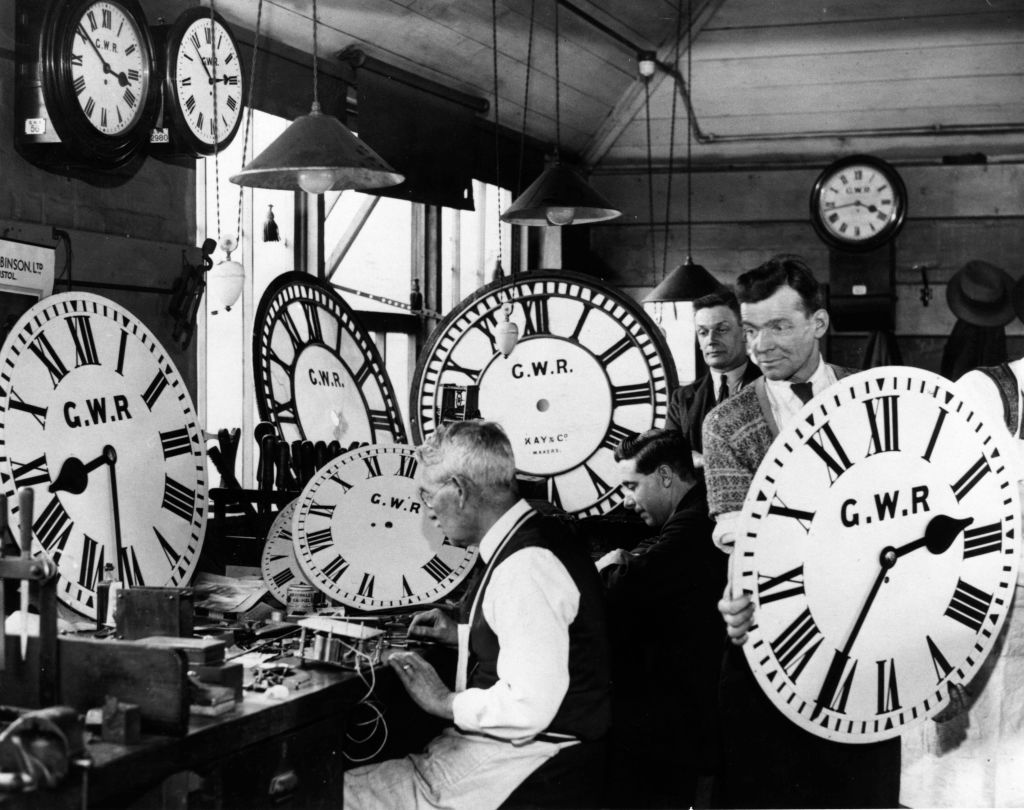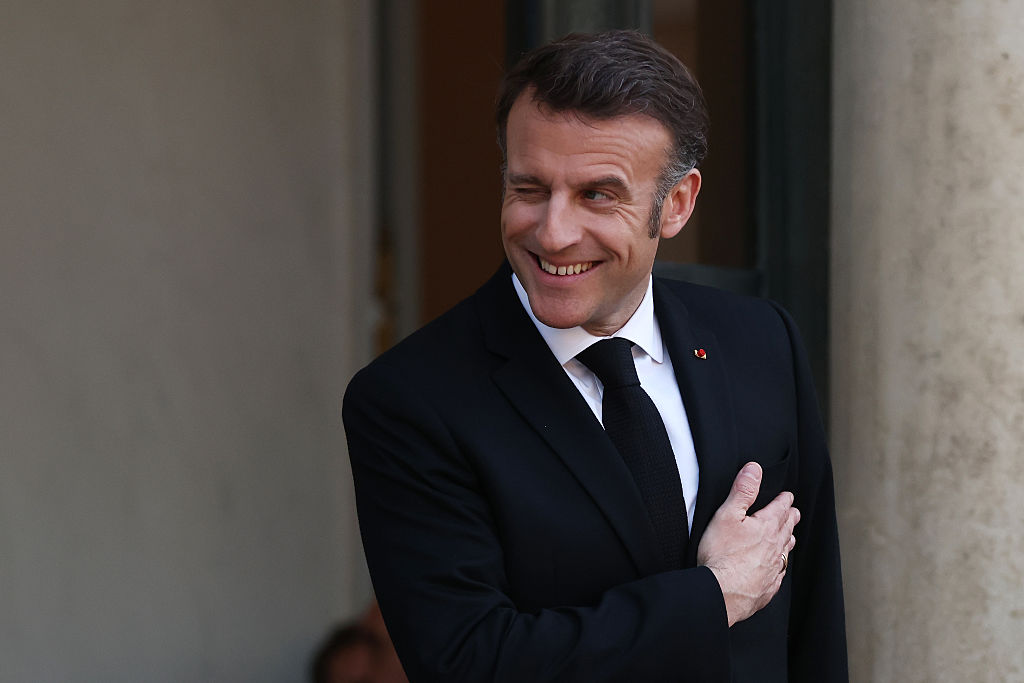The Brussels elites were surely dismayed at how well conservative populist candidates fared in Sunday’s first round of Poland’s presidential election. They would probably be even more surprised to discover a likely cause: abortion.
Poland’s ruling coalition was openly backed by the establishment powers that be in the run-up to the 2023 parliamentary vote. The European Commission had feuded for years with the conservative-populist Law and Justice party, alleging that it was suppressing the rule of law and threatening democracy.
They were relieved when Prime Minister Donald Tusk’s coalition took power. Surely, they believed, democracy was saved, and modernity was coming to backwards little Poland.
Legalising abortion was a large part of that push for so-called modernity. Poland is one of Europe’s most religious countries, with at least 71 per cent of the population stating they are are Roman Catholics.
They also still practice their religion. Roughly 37 per cent attend mass weekly, with that number rising well above 40 per cent for Poles without a college degree.
It should thus be no surprise that Law and Justice passed a law during its tenure that is a near total ban on abortion in the country. Their voters tend to be less educated and more religious; banning abortion is simply what their supporters want.
Tusk took aim at this law during the parliamentary campaign, pledging to repeal it. In power, his government introduced a law that would legalise abortion up to the 12th week of pregnancy, bringing it in line with Western European norms.
So far this story runs along the line the elites prefer: win an election, pass laws pushing an elite social agenda, and move “forward”. That’s where the story starts to run off the rails, however.
Tusk’s bill failed despite his majority in parliament because a crucial party in his coalition, the Polish People’s Party, opposed it.
The party’s representatives did this because their supporters are also more rural and religious than those backing Tusk’s party, Civic Platform. The People’s Party had always opposed proposals to make abortion legal, yet Tusk moved forward anyway.
In short, the anti-Law and Justice coalition was not united on abortion, and the key portion that made the coalition a majority opposed abortion.
The overwhelming importance that Tusk’s urban voters – including those backing another coalition partner, The New Left – placed on the issue, however, meant that he had to try to satisfy the larger part of his coalition at the risk of angering the smaller one.
The issue could have faded away, but Tusk’s coalition would not let that happen. As a result, Tusk said he would try to pass the bill again after the presidential election.
Civic Platform’s presidential candidate, Rafal Trzaskowski, complicated matters because he had aggressively pushed progressive values as mayor of the nation’s largest and most cosmopolitan city, Warsaw.
He banned the display of religious symbols, such as crosses, by public servants even if they were simply keeping one on their desk. Trzaskwoski has walked in the annual Warsaw Pride parade and backed LGBTQ legislative priorities. And, of course, he has said he will sign the Tusk abortion bill if he becomes president.
That pledge is crucial because Poland’s president can veto bills passed by parliament. The current president, Law and Justice-supported Andrej Duda, had pledged to veto the Tusk bill. Trzaskowski’s election would remove that barrier and make passage of the law possible if Tusk can convince just a few more members of his coalition to support him.
Peoples’ Party voters, then, are faced with a difficult choice in this election. They can back their coalition’s candidate, knowing this could result in passage of a law they abhor. Or they can back the Law and Justice candidate, Karol Nawrocki, knowing he can stop this law but also veto other bills they may favour.
The first round results suggest they are leaning against Trzaskowski. Trzaskowski received only 31.4 per cent, barely beating Nawrocki’s 29.5 per cent. But ominously the total votes for three other candidates from the centre or left combined for only 14.1 per cent. Two candidates to Nawrocki’s right – one of whom opposes abortion even in the case of rape, which the current law permits – combined for 21.2 per cent.
That means the anti-abortion trio received a majority while the governing coalition’s candidates obtained only 45.5 percent.
The underlying data are even more troublesome for Trzaskowski. The governing coalition’s candidates lost vote share compared to their winning 2023 parliamentary totals in every Polish province, but tellingly did worse in villages than in cities.
That drop likely came entirely from former Peoples’ Party voters. Trzaskwoski’s share was slightly more than the 30.7 per cent Civic Platform received in 2023, and the two leftist candidates – Magdalena Biejat and Adrian Zandberg – combined for 9.1 per cent versus New Left’s 8.6 per cent 2023 result.
Szimon Holowina, the leader of the Third Way alliance between his Poland 2050 and the People’s Party, only received 5 per cent, however, a huge decline from the 14.4 per cent his coalition got in 2023.
The obvious conclusion is that Peoples’ Party voters largely abandoned their candidate to back someone from the anti-abortion right.
This suggests it will be very difficult to get those voters back given Trzaskowski’s long culturally progressive, pro-abortion record. Any attempt to do so risks alienating the leftist voters who want an even more liberal abortion policy than is possible within Polish politics.
Caught between the Scylla of anti-abortion rural voters and the Charybdis of the ultra-progressive urban left, Trzaskowski has no good path forward.
A Nawrocki victory in the June 1 runoff would shock the Brussels elites who confidently think they are on the right side of history. It should not surprise anyone who actually understands what Polish voters think and want.
One should expect to hear wails from Brussels and elite corridors that Polish democracy will again be at risk if Nawrocki wins. But that isn’t so.
Instead, it will simply be a matter of the people making their preference, even if the choice isn’t ideal, known through a free and fair election. That, not a pre-ordained outcome is supposed to be what democracy is all about. Right?





Post-war Conservatism is fading fast, yet the centre-right cannot grasp the fact